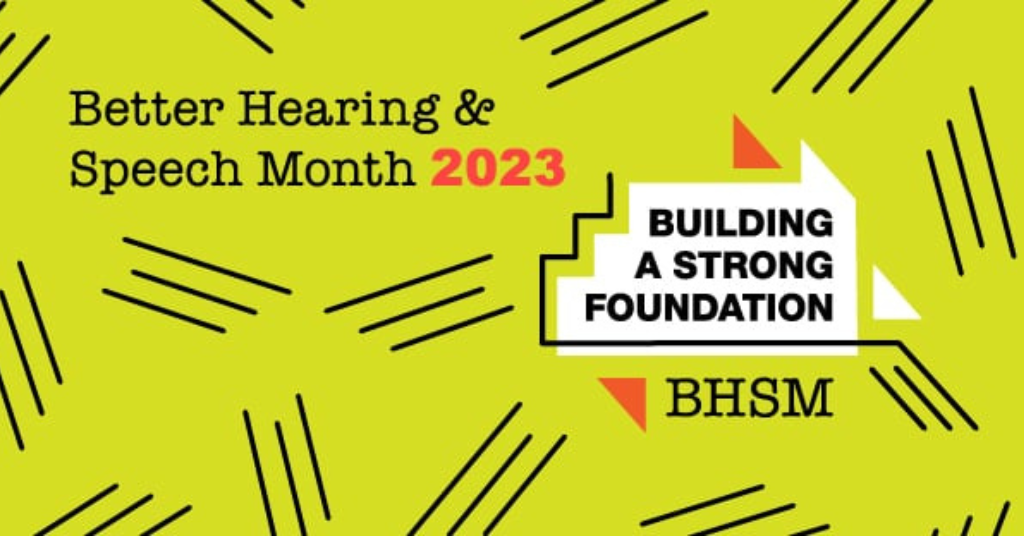
The Trials and Triumphs of a City Break in Florence
November 10, 2014
5 Hearing Devices You’ve Never Heard Of
November 20, 2014Learning About Hyperacusis

Since losing all my hearing in my left ear suddenly in 2011, I’ve suffered with bouts of sensitivity to sound. Ordinarily, I manage this by retreating to a quiet room or going to sit in the garden (if the weather’s decent). I read a book, write something, or distract myself with social media – or I sit quietly with our dog, Tilly, brushing or stroking her and generally trying to relax.

Photo credit: Richard Aspinall
Sometimes, I take out my hearing aids for a bit, other times, I switch them to ‘Comfort in Sound’ or ‘Speech in Noise’ but, usually, I manage to ride it out without getting too distressed by it all.
However, after our recent trip to Florence and my (almost violent) reaction to the noise levels and the way they triggered my sound sensitivity, I have decided to do a little research and have been reading about hyperacusis. I thought I’d share my findings with you in the hope of helping fellow sufferers.
According to that font of all knowledge, Wikipedia:
Hyperacusis (also spelled hyperacousis) is a health condition characterized by an over-sensitivity to certain frequency and volume ranges of sound (a collapsed tolerance to usual environmental sound). A person with severe hyperacusis has difficulty tolerating everyday sounds, some of which may seem unpleasantly or painfully loud to that person but not to others.
At that point, Wikipedia gets a bit too technical/medical for me so I turned elsewhere to gather more ‘user-friendly’ information.
NHS Choices page describes hyperacusis thus:
Hyperacusis is an extreme aversion and hypersensitivity to sounds that are generally not an issue to others.
On further reading of the NHS Choices page, I discovered wording that very much described how I felt about my experience in Florence, particularly this quote:
Noise can be painful for people with severe hyperacusis. High-pitched sounds can be felt as ‘a nail being driven into the head’.
At the time, I’d described it as feeling like I was being ‘stabbed in the head’ so, this ‘nail’ description was not far off and certainly had resonance for me.
The site also mentioned that “crying, anger and panic reactions are not uncommon,” and I could certainly identify with this. Also: “as a result, people with hyperacusis may avoid noisy situations and become socially isolated.” This would be a pretty accurate description of me taking my hearing aids out on the open top bus tour – and wandering round the Roman amphitheatre on my own…
As always with discovering you’re not alone with your medical condition, it gave me some strange sort of comfort to learn that ‘noises that are commonly an issue’ include some of the noises which were an issue for me on my trip, particularly:
- sirens, such as ambulances
- trucks, cars and motorcycles
- loud crowds
Worryingly, NHS Choices information goes on to say that while children may grow out of the condition, in adults, “if a sound triggers pain or discomfort, the fear or anxiety this sound provokes only makes the condition worse.”
As with my sudden sensorineural hearing loss, it would appear that the cause of hyperacusis is unclear.
I think the following explains well what was happening to me and why I was still suffering with the pain and ‘loudness’ of the sirens even when I removed my hearing aids:
Hyperacusis sometimes occurs in people with hearing loss. For people with hearing loss, the sound signals from the inner ear to the brain will be weaker than normal, and it’s possible that the brain amplifies these signals too much to compensate, resulting in hypersensitivity.
What’s interesting is that on returning home, the hyperacusis has subsided, which makes me wonder if my hearing and sensitivity level were affected by the change in pressure experienced at take-off and landing.
When I’m on an aeroplane I always notice that I can hear more. I could repeat word for word the Captain’s announcements on my flight to Pisa with my hearing aids out and my EarPlanes in. How do you explain that when I can’t normally hear any voices other than my own without hearing aids in ‘on land’?
Does anyone else share this experience of hearing differently while on a plane? I’d love to hear your stories if you’d be willing to share.
- Author Details




